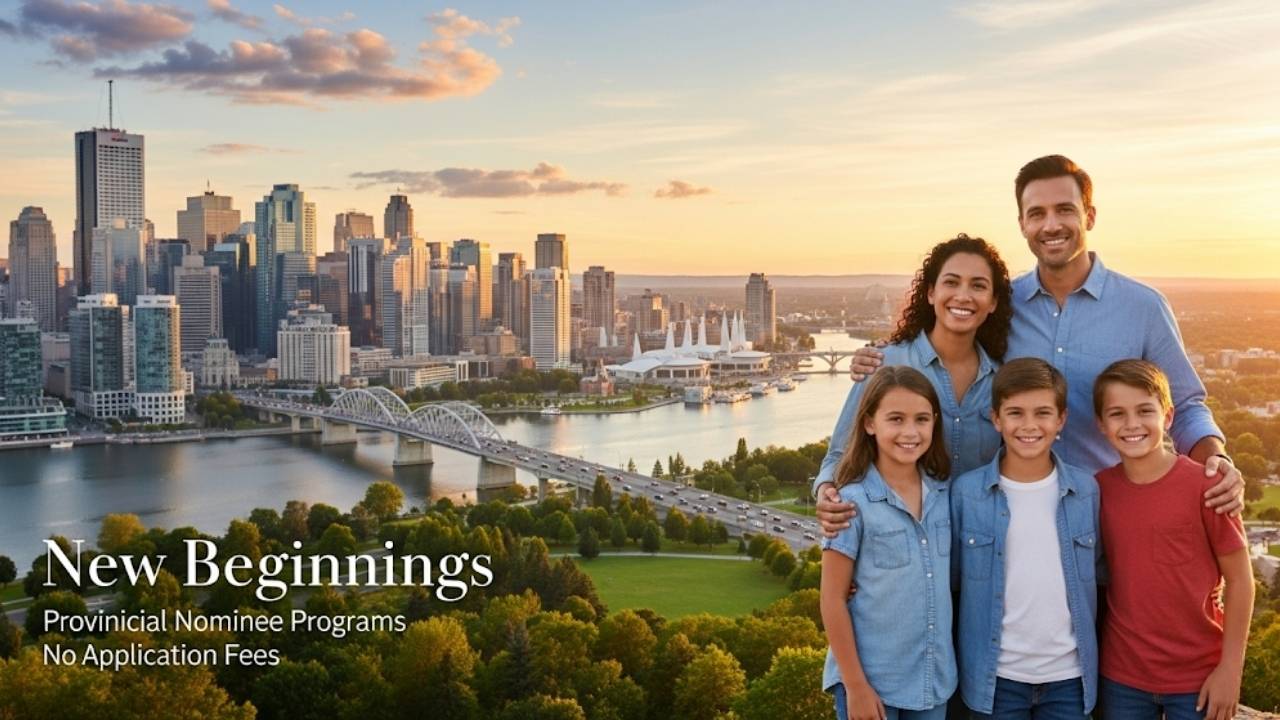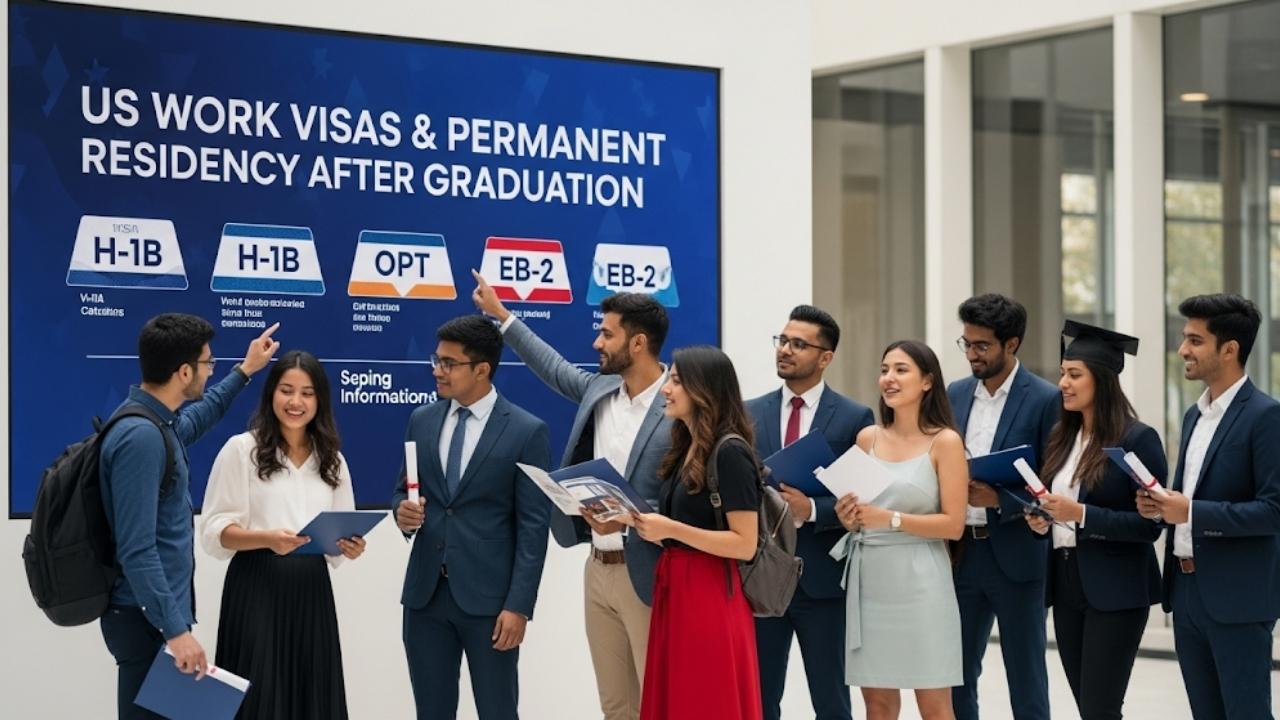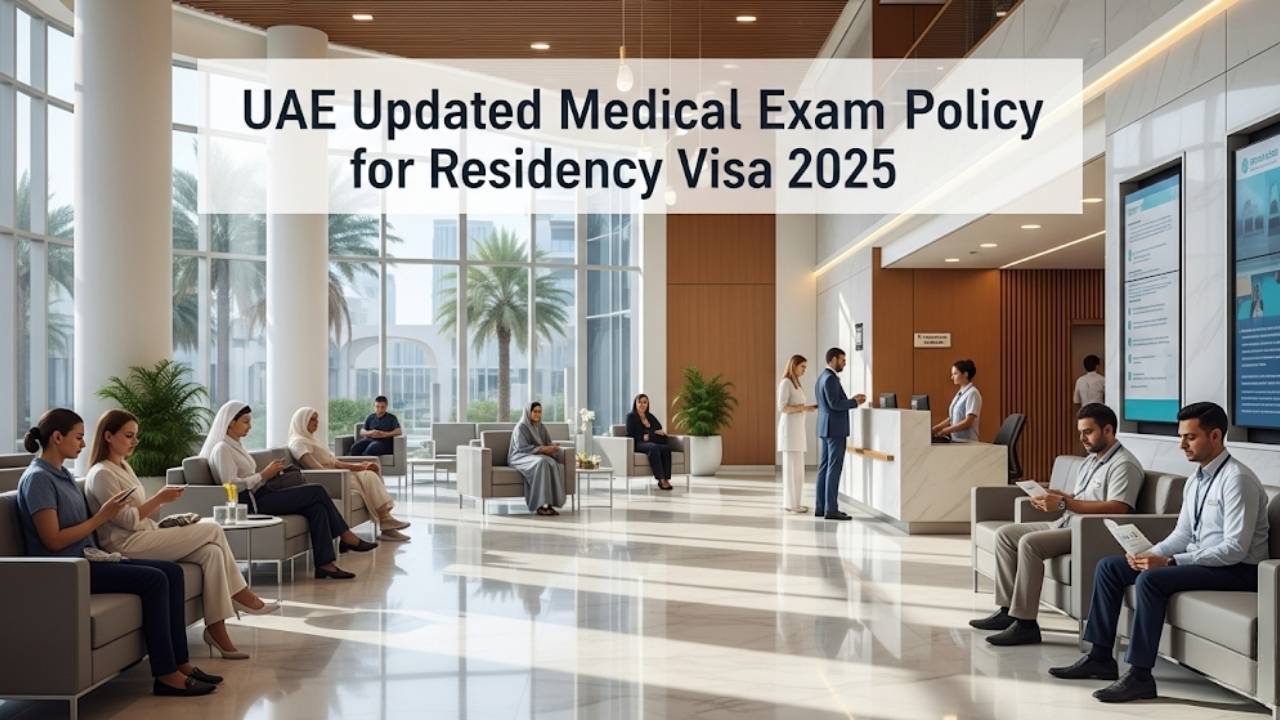Bringing your loved ones closer is a universal dream, especially when they are your parents and grandparents. For many Canadian citizens and permanent residents, that dream is about to become a reality as Canada gears up to issue invitations for its highly anticipated Parents and Grandparents Program (PGP) in July 2025. Immigration, Refugees and Citizenship Canada (IRCC) will be inviting 17,860 potential sponsors, aiming to receive 10,000 complete applications for permanent residency. This is a significant opportunity to reunite with your cherished family members in Canada.
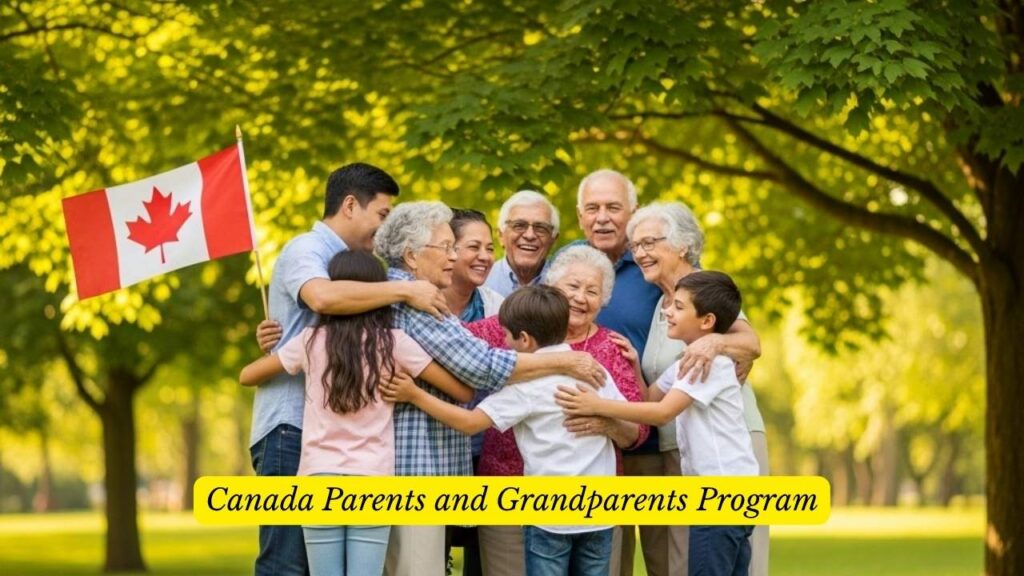
This comprehensive guide will walk you through the nuances of the Canada Parents and Grandparents Program, offering actionable insights and encouragement to navigate the process successfully. As someone who has advised countless families through complex immigration pathways, I understand the emotional weight and meticulous planning involved. In my experience, the journey can feel overwhelming, but with the right information and a proactive approach, success is well within reach.
Understanding the Canada Parents and Grandparents Program (PGP)
The PGP is Canada’s commitment to family reunification, allowing eligible Canadian citizens and permanent residents to sponsor their parents and grandparents for permanent residency. This program is highly sought after, reflecting the strong desire of individuals to live closer to their immediate family. The 2025 intake is a continuation of IRCC’s efforts to reduce application backlogs and facilitate family sponsorship.
Who is Eligible to Sponsor?
To be considered an eligible sponsor for the Canada Parent and Grandparent Visa Sponsorship in July 2025, you must meet specific criteria. These include:
- Canadian Citizen or Permanent Resident: You must be a Canadian citizen, a permanent resident of Canada, or a registered Indian under the Canadian Indian Act.
- Age Requirement: You must be at least 18 years old.
- Residency: You must be living in Canada.
- Financial Capacity: You must meet or exceed the Minimum Necessary Income (MNI) for your family size, as outlined by IRCC. This is a critical component, demonstrating your ability to financially support your sponsored relatives. You will typically need to show proof of income for the past three consecutive tax years.
- Undertaking Agreement: You must sign a sponsorship agreement promising to provide financial support for your sponsored parents and grandparents for a specified period (typically 20 years, depending on the province/territory).
It’s important to note that for the 2025 intake, invitations will only be extended to those who submitted an “Interest to Sponsor” form in 2020. IRCC has confirmed they will be drawing from this existing pool of applicants, and the “Interest to Sponsor” form will not be reopened this year.
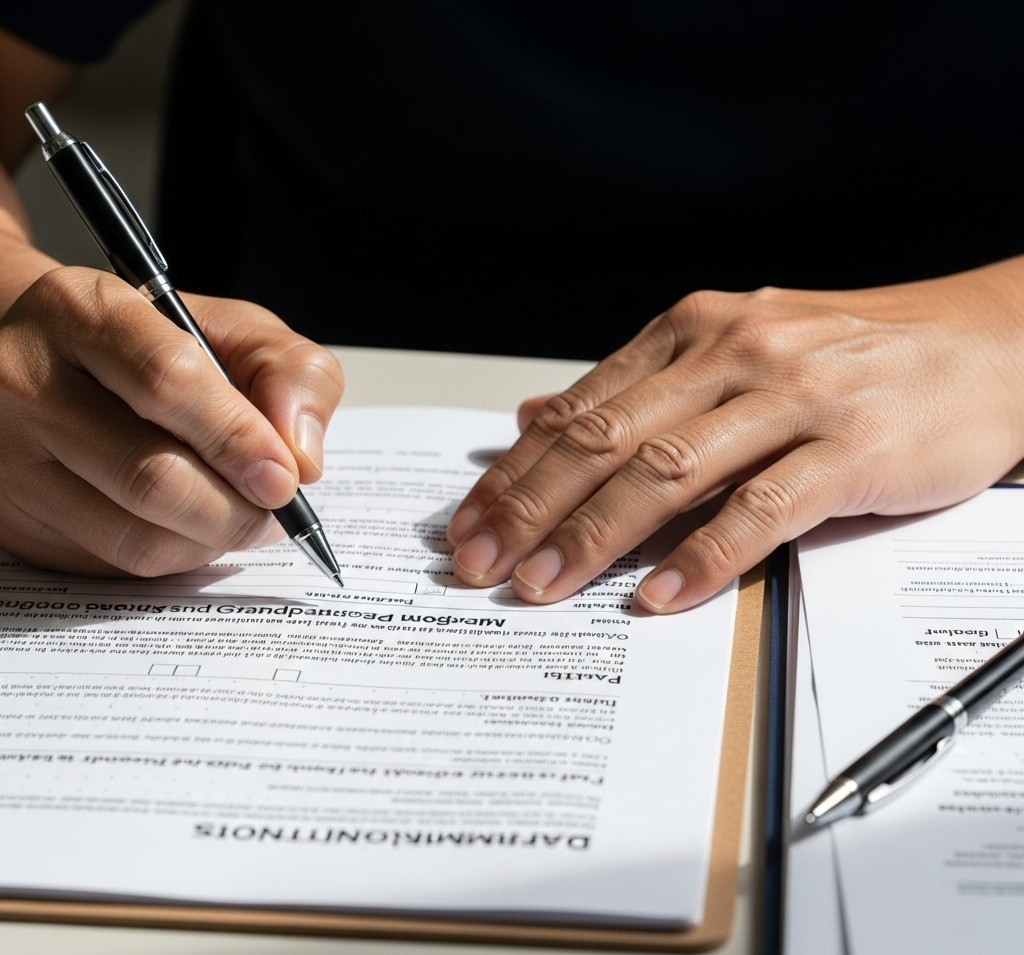
The Invitation Process: What to Expect in July 2025
Starting July 28, 2025, and over approximately two weeks, IRCC will begin sending out invitations to apply. These invitations will be sent via email to potential sponsors who were randomly selected from the pool of “Interest to Sponsor” submissions from 2020.
If you submitted an “Interest to Sponsor” form in 2020, here’s what you need to do:
- Monitor Your Email: Keep a close eye on the email address you provided in your 2020 submission. This includes checking your junk and spam folders, as important communications can sometimes end up there.
- Do Not Apply Without an Invitation: It’s crucial to understand that you cannot submit a PGP application unless you receive an official invitation from IRCC. Applications submitted without an invitation will be returned and not processed.
Navigating the Application: Steps After Receiving an Invitation
Congratulations if you receive an invitation! This is where the real work begins, but with careful attention to detail, you can successfully submit your application. You’ll need to complete two main applications:
- Sponsorship Application: This is your application to become a sponsor.
- Permanent Residence Application: Your parents or grandparents must apply for permanent residence.
Both applications must be submitted together online, typically by the principal applicant (the person being sponsored) through the Permanent Residence Portal or the Representative Portal.
Essential Documents and Information
Preparing your documents meticulously is paramount for a smooth application process. Here are some key documents and information you will likely need:
- Sponsor’s Documents:
- Proof of Canadian citizenship or permanent residency (e.g., passport, PR card).
- Proof of income for the past three tax years (Notices of Assessment from the Canada Revenue Agency). This is vital to demonstrate you meet the Minimum Necessary Income (MNI) requirements.
- Sponsorship Agreement and Undertaking (IMM 1344).
- Financial Evaluation for Parents and Grandparents Sponsorship (IMM 5768).
- Document Checklist — Sponsor (IMM 5771).
- Sponsored Persons’ Documents:
- Generic Application Form for Canada (IMM 0008).
- Schedule A – Background/Declaration (IMM 5669).
- Additional Family Information (IMM 5406).
- Supplementary Information – Your Travels (IMM 5562).
- Copies of passports and birth certificates.
- Marriage certificates (if applicable).
- Police certificates from any country where they have lived for six months or more since turning 18.
- Medical examination results from an IRCC-approved panel physician.
- Digital photographs meeting IRCC specifications.
Remember, all forms should be filled out digitally and signed electronically where required. Using Adobe Reader 10+ with JavaScript enabled is often recommended. In my experience advising students and families, one common hurdle is ensuring all forms are correctly completed and signed. A small oversight can lead to significant delays or even rejection.

What if You Don’t Receive an Invitation for the PGP?
If you don’t receive an invitation for the Canada Parents and Grandparents Program this year, don’t lose hope. Canada offers an excellent alternative: the Super Visa.
The Super Visa is a multiple-entry visa valid for up to 10 years, allowing parents and grandparents to visit Canada for up to five years at a time, with the option to extend their stay by up to two additional years without leaving the country. This offers a flexible and long-term solution for family visits.
To qualify for a Super Visa, your parents or grandparents must:
- Be the parent or grandparent of a Canadian citizen or permanent resident.
- Be admissible to Canada.
- Have qualifying private medical insurance from a Canadian insurance company, valid for a minimum of one year and providing at least $100,000 in coverage for health care, hospitalization, and repatriation.
- The inviting Canadian citizen or permanent resident must meet the Minimum Necessary Income (MNI) and provide a written invitation letter promising financial support for the duration of the visit.
Processing Times and Important Considerations
Processing times for PGP applications can vary. As of earlier announcements in 2025, processing times for those destined outside Quebec were approximately 24 months, while for Quebec-destined applicants, they were around 48 months due to provincial immigration targets. Always check the official IRCC website for the most up-to-date processing times.
Key considerations
- Completeness is Key: IRCC emphasizes that only complete applications will be considered. Any missing documents or information can lead to significant delays or even a return of your application.
- Fees: Be prepared to pay processing fees for yourself (as the sponsor), your sponsored parents/grandparents, and biometrics fees. There may also be third-party fees for medical examinations and police certificates.
- Stay Informed: Immigration policies can change. Regularly check the official IRCC website and reputable immigration news sources for updates.
Success Stories and the Power of Preparation
Many families have successfully navigated the PGP and reunited in Canada. While the process can be competitive, careful preparation and adherence to IRCC guidelines are your best allies. I’ve seen many successful applicants focus on gathering all necessary documents well in advance and meticulously reviewing their application before submission. This proactive approach significantly increases the chances of a positive outcome.
Navigating Germany Visa Rejection: Your Updated Appeal Policy Guide (July 2025)
FAQ
Q1: Can I submit an “Interest to Sponsor” form for the Canada PGP in 2025?
A: No, IRCC has stated that they will not be opening a new “Interest to Sponsor” form for the 2025 intake. Invitations will only be sent to those who submitted a form in 2020.
Q2: What is the Minimum Necessary Income (MNI) requirement for PGP sponsorship?
A: The MNI requirement varies based on your family size (including yourself, your spouse/partner, dependent children, and the parents/grandparents you intend to sponsor). IRCC publishes the specific MNI figures annually. You must meet the MNI for the three consecutive tax years preceding your application.
Q3: How long does the Parent and Grandparent Visa Sponsorship application process take?
A: Processing times can vary but were approximately 24 months for most applicants outside Quebec and up to 48 months for Quebec-destined applicants as of recent announcements. It is always best to check the official IRCC processing times tool for the most current information.


